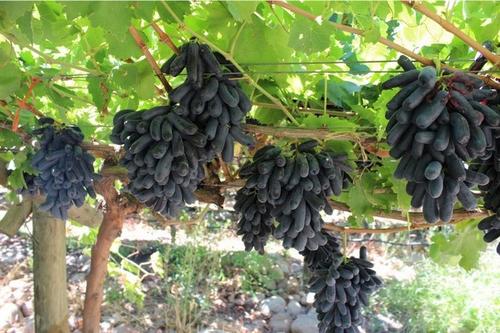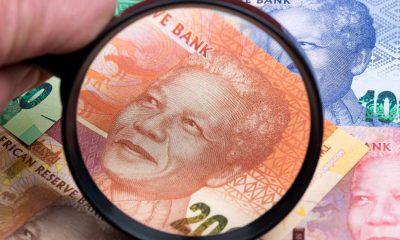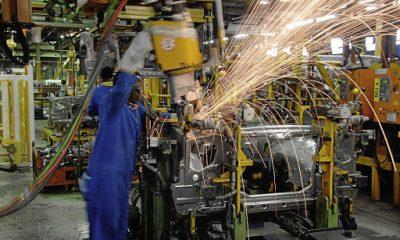Business
South African Grape Industry at Risk as US Tariffs Threaten Export Growth

South Africa’s thriving table grape industry is bracing for a potential economic setback as US President Donald Trump’s proposed tariffs threaten to derail years of hard-won export gains. A 31% tariff on South African goods, including grapes, could severely affect the competitiveness of the country’s produce in American markets.
Earlier this year, the South African Table Grape Industry (SATI) reported a 28% increase in grape exports to the United States over the past five seasons—highlighting the growing importance of the US market. But with a steep tariff now on the table, industry leaders are raising the alarm.
“It’s not economically viable for us anymore,” said Gabriel Viljoen, chairperson of the Oranje River Producers Association. “A 31% tariff would make our grapes far too expensive in the US market.”
Viljoen explained that for producers in regions like the Orange River Valley—where grape farming is a key economic driver—the new tariff would wipe out profitability and could even force growers to exit the US market.
A Delicate Export Pipeline
South African table grapes are known for their quality and have carved out a niche in premium international markets. The US, in particular, has become a key destination for these exports during the Northern Hemisphere’s off-season.
“The market penetration over the last five years has been significant,” said Viljoen. “We’ve worked hard to establish our product in the US, and now that progress could be undone overnight.”
Mecia Petersen, CEO of SATI, echoed these concerns, warning that the proposed tariffs could trigger widespread job losses in grape-producing regions.
“This is not just about exports. It’s about livelihoods. Thousands of jobs in farming communities are at risk if these tariffs are implemented,” Petersen stated.
US Trade Policy in Flux
President Trump initially announced a 10% blanket tariff on all imports to the United States last month, followed by an additional 30% tariff on goods from select countries, including South Africa. However, following backlash from international partners and US business groups, Trump announced a 90-day pause on most of the targeted tariffs—excluding China, which received a staggering 145% tariff.
While this temporary pause offers brief relief, South Africa remains vulnerable.
“The uncertainty is damaging. Exporters need predictability, and right now, they don’t have that,” said Petersen.
What’s at Stake
The South African table grape industry supports thousands of jobs and is a major contributor to the country’s agricultural export economy. Losing access to the US market—or becoming uncompetitive due to high tariffs—could have ripple effects throughout the supply chain, from farm workers to logistics providers.
Industry leaders are calling on South African trade negotiators and government officials to urgently engage with their US counterparts to secure exemptions or reach alternative trade arrangements.
“We need a stable trade framework with the US. This tariff would be a blow we can’t afford,” Viljoen concluded.
The proposed 31% US tariff places South Africa’s table grape industry in jeopardy, threatening to undo years of export progress and destabilize farming communities. As global trade dynamics shift rapidly, South African agricultural leaders are urging swift diplomatic and policy action to protect one of the country’s most successful export stories.
{Source: IOL}
Follow Joburg ETC on Facebook, Twitter , TikTok and Instagram
For more News in Johannesburg, visit joburgetc.com



























